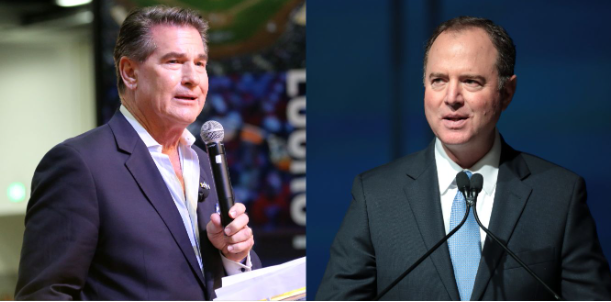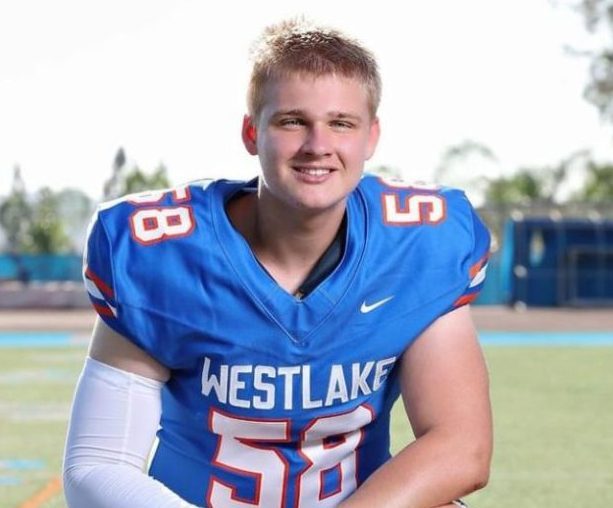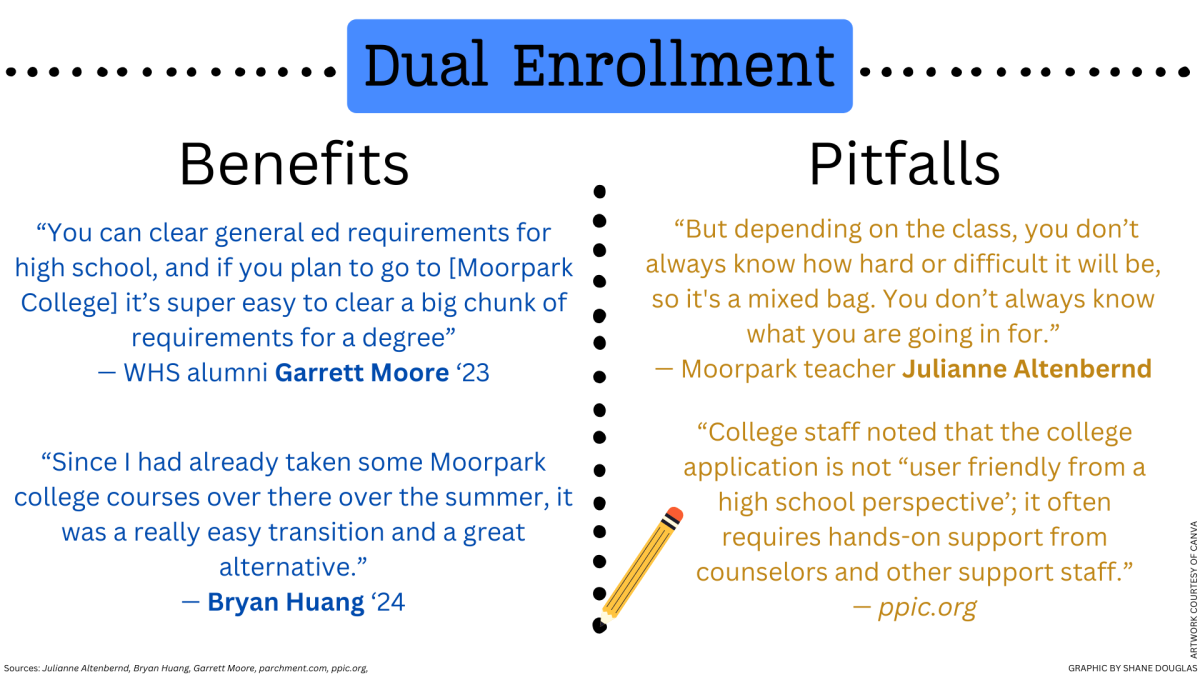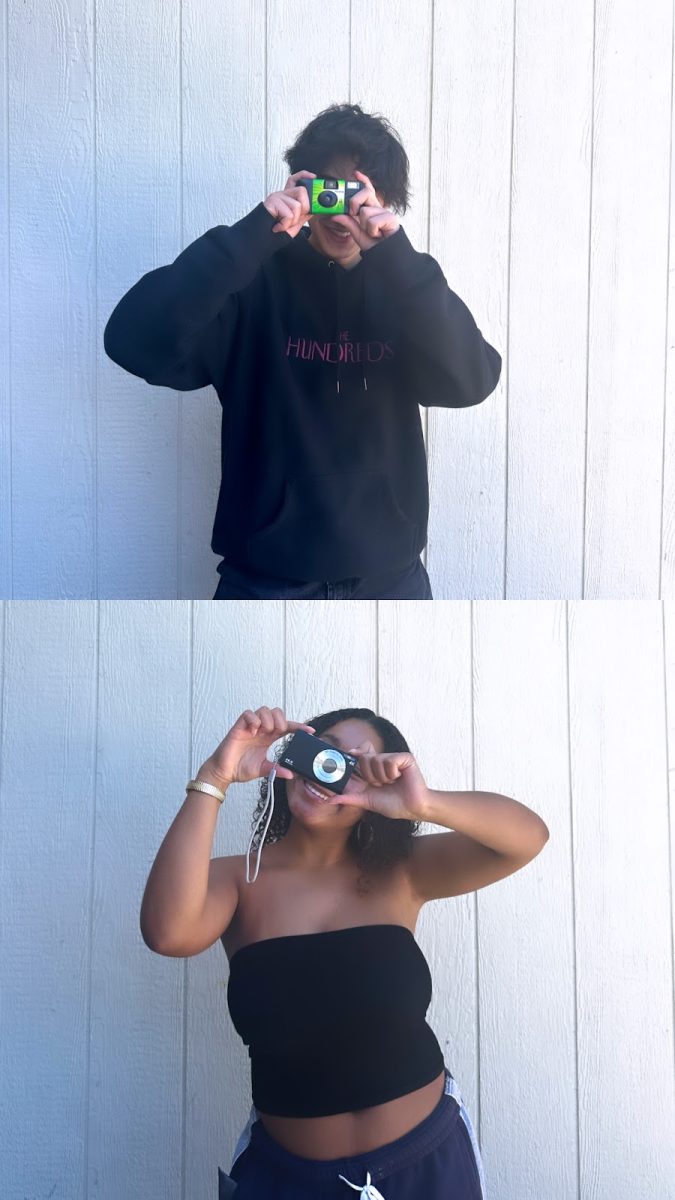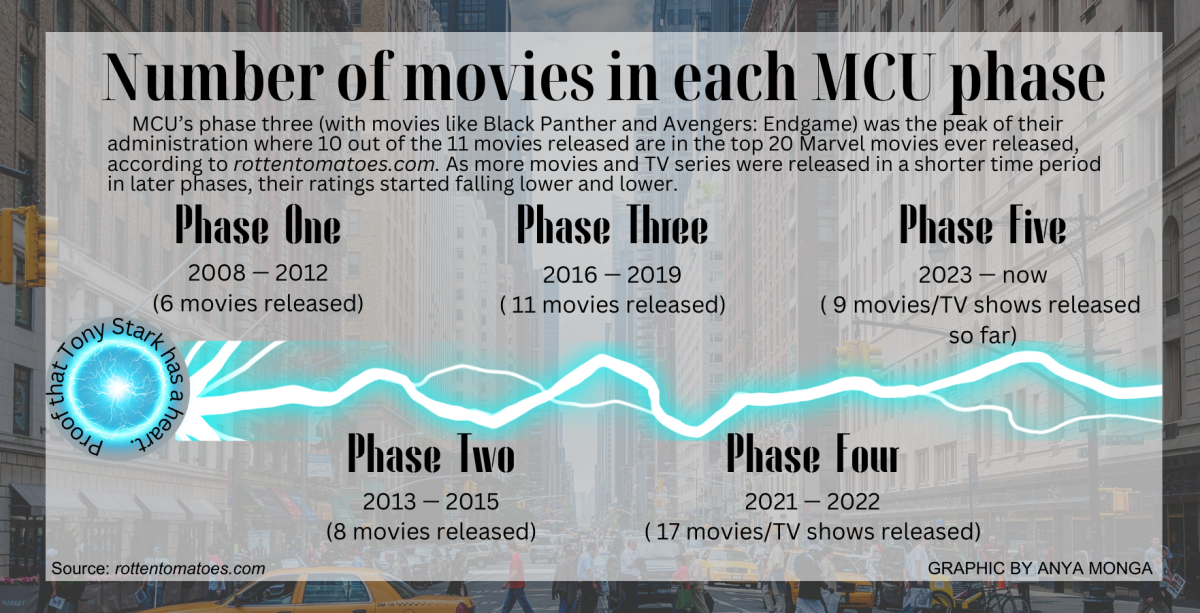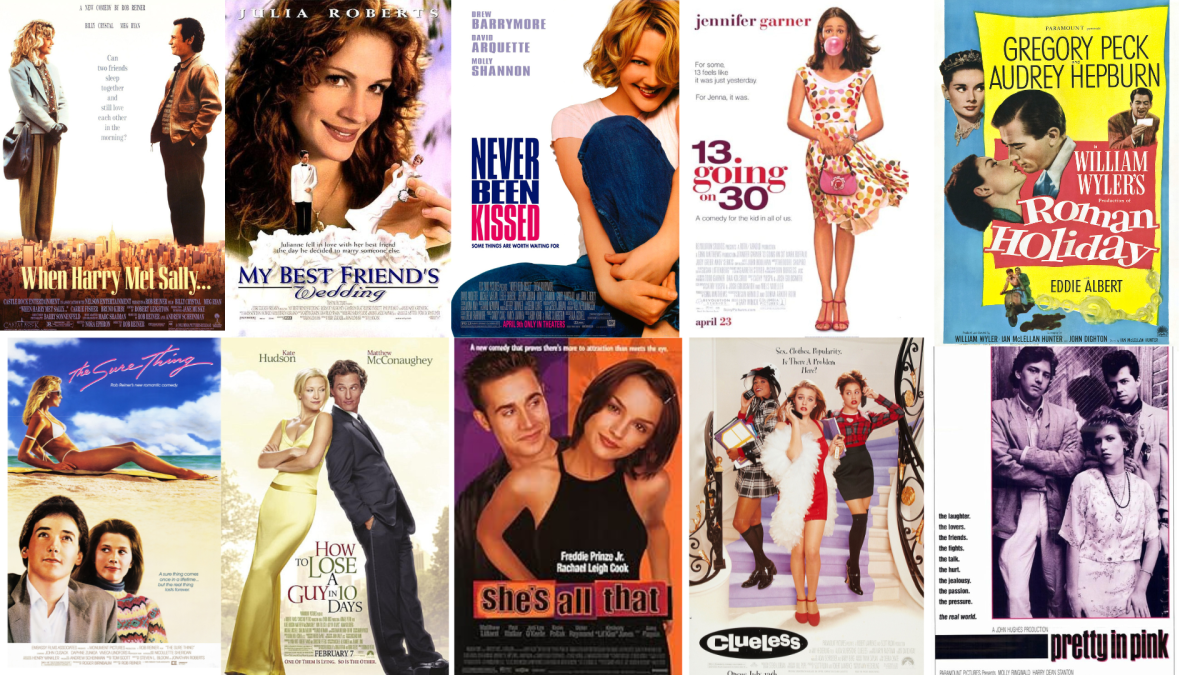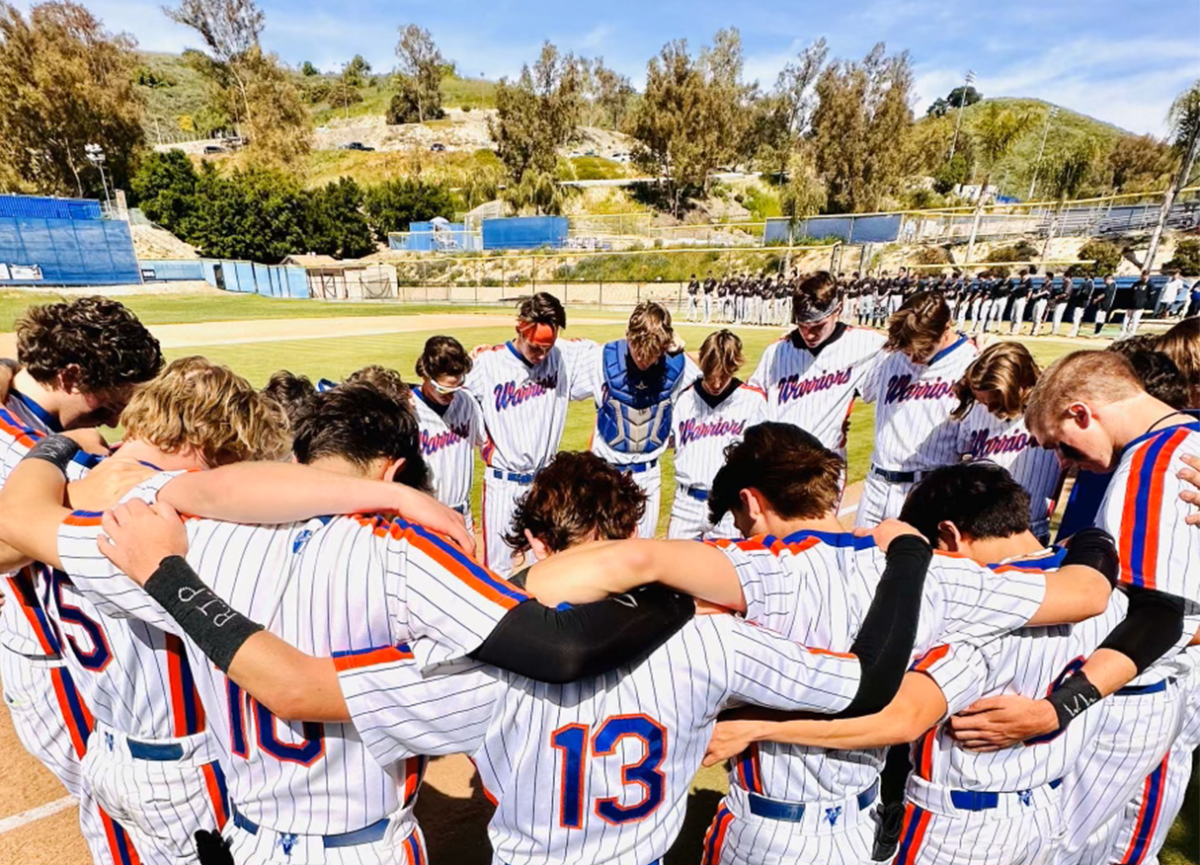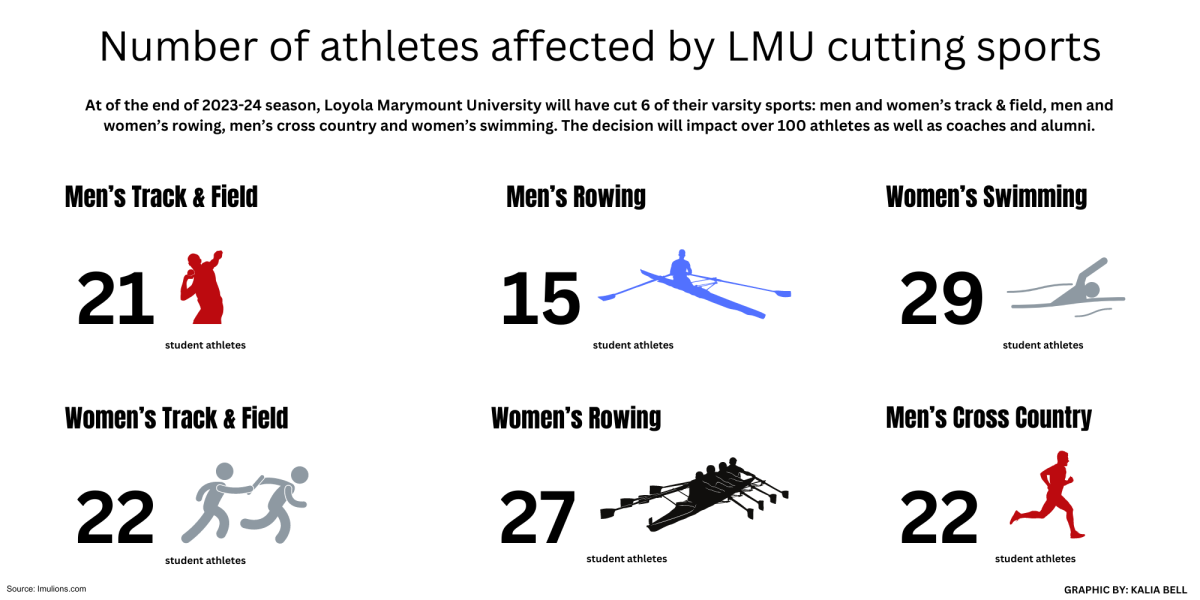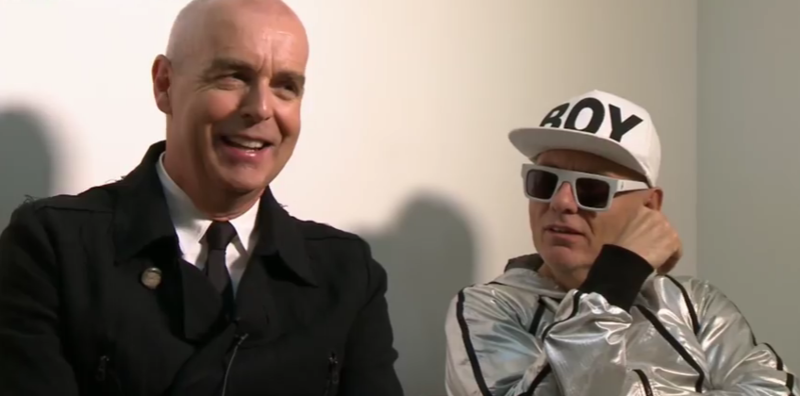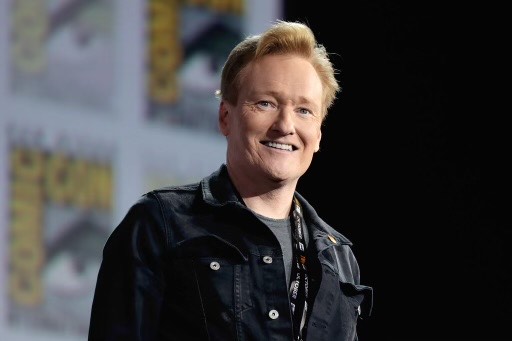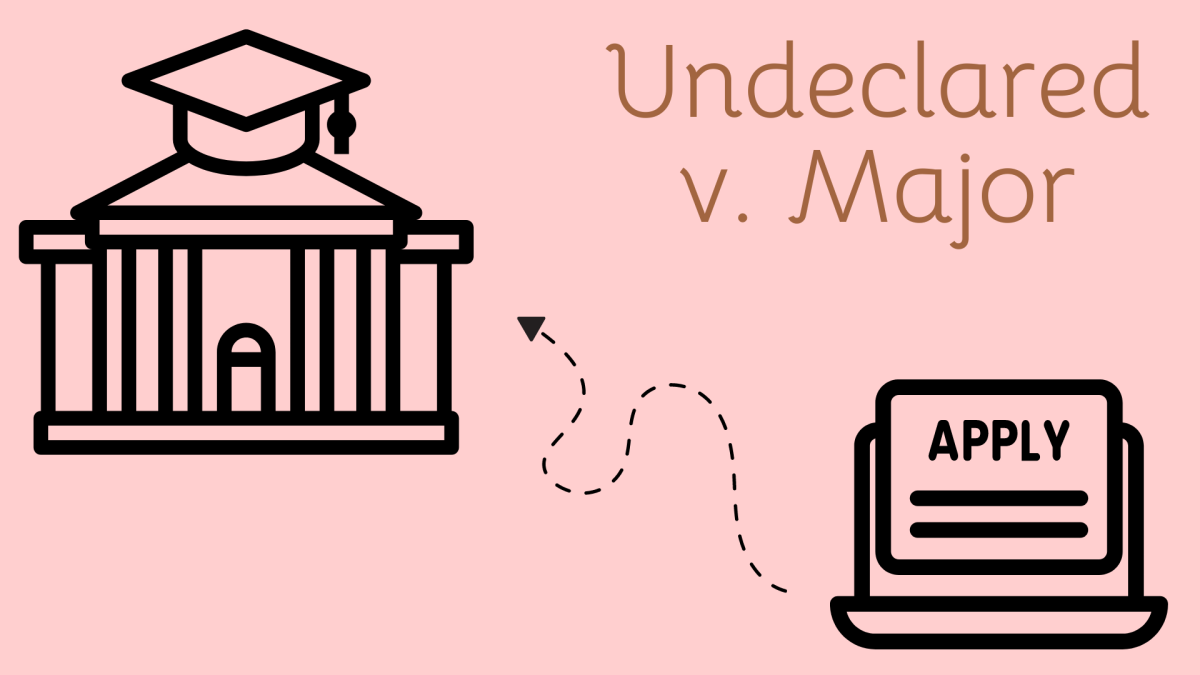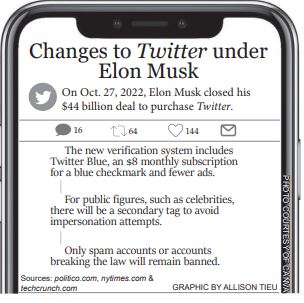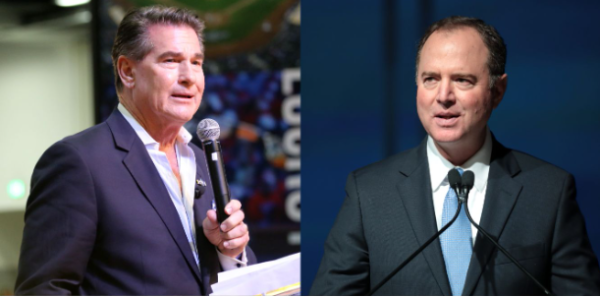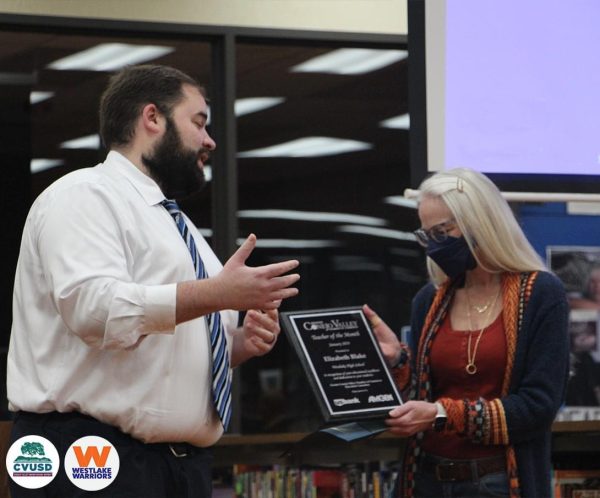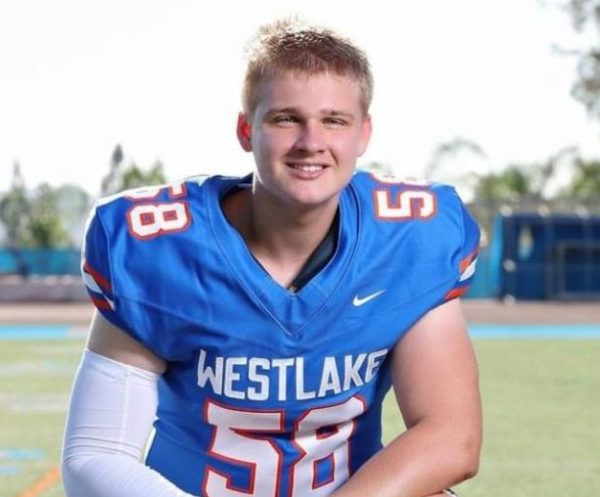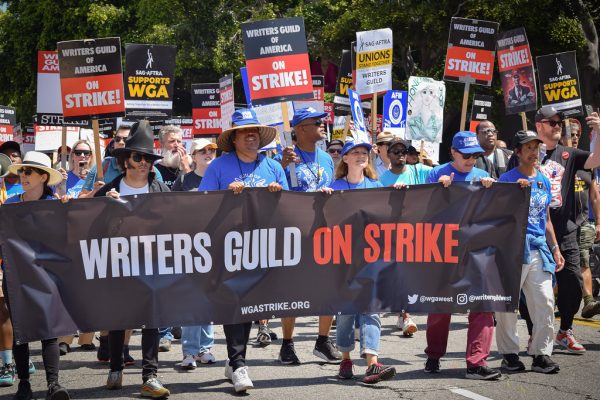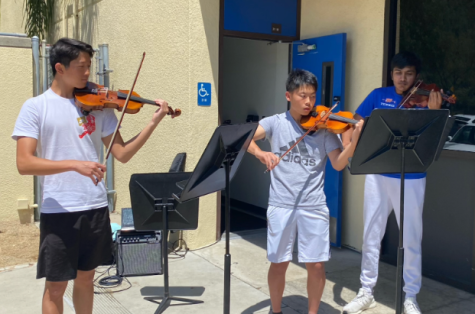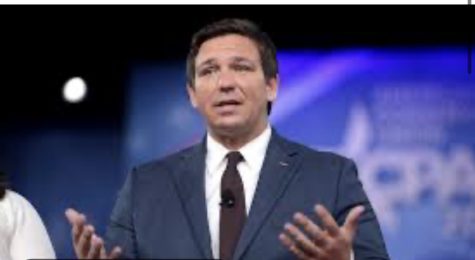Elon Musk gains ownership of Twitter
On Oct. 27, 2022 Elon Musk finally sealed the deal. The billionaire took over one of the world’s largest social media networks, Twitter, paying a total of about $44 billion for full ownership of the app.
Musk’s Twitter takeover has accumulated various opinions, with some praising Musk for stepping in and others fearing the negative consequences this situation may yield.
Musk plans to boost revenue, loosen content moderation and adjust Twitter’s algorithm to make the platform more entertaining. Many support his efforts to increase free speech and innovate the app with additions such as an “edit button” so users can adjust past tweets. Some even believe that Musk’s big name will help generate more popularity towards the platform.
“I think there were a lot of things wrong with [Musk taking over Twitter] initially, but if the board changes and if a greater diversity of people are hired to get new thinkers on the board, we will see more positive changes and feedback from the overall Twitter community,” said Anastasia Falls ‘24.
However, many others fear what Musk will do with the platform, as he now has essentially absolute power over the app. Musk quickly fired several top executives and cut nearly 75% of Twitter’s 7,500–person workforce. In addition, remaining employees have reportedly been urged to work 12–hour days and weekends to make the service changes Musk has demanded.
“It was far too drastic,” said Sam Hronek ‘23 in regards to Musk’s layoff spree and treatment of remaining employees. “But it does make sense in the business sphere because that’s just what you do when you take over a dying business.”
When Musk first launched his attempt to buy Twitter, he claimed he wanted the company to do a better job of promoting free speech. However, employees, as well as social media researchers have expressed concern over Musk’s attempts to loosen policies. This could undo Twitter’s safeguards, leading to the platform becoming overrun with hate speech, trolling and misinformation under the facade of free speech.
“Weaker [content] moderation policies would ironically hurt free speech,” said computer science researcher Filippo Menczer in an article with Flaglerlive. “The voices of real users would be drowned out by malicious users who manipulate Twitter through inauthentic accounts, bots and echo chambers.”
Musk has also implemented a new feature—Twitter users can now pay $8 a month to have a verified account on the platform. This means that anyone who subscribes to this monthly due will receive a small, blue checkmark by their name, signifying a verification. Once reserved for celebrities, professional athletes, politicians and more, this verification is now available to anyone willing to pay for it.
“Many people will argue that any fake account or scammer can get the blue checkmark as it’s too easy to get verified now, ” said Falls. “But what people fail to realize is that you have to give out your credit card information […] and that credit card is going to have your full name and your other information on it, so if you are not the person you claim you are, it is pretty easy [for the app] to check that.”
Once Musk became the sole owner of Twitter, existing shareholders received a payout of $54.2 per share. After that, they no longer have any say in the day–to–day affairs or general direction of the platform.
“This takes a lot of power away from the individual,” said Hronek.
Musk’s seemingly rash decisions have caused several large advertisers to pull ads from Twitter amid concern for what the app may evolve to in weeks to come. Furthermore, Musk’s net worth has reportedly dropped $9 million since his purchase of Twitter.
“That’s just how Elon Musk has been ever since he created PayPal,” said Hronek. “He has always been very rash and does things simply because he can. It is just how he has conducted his business, and right now it is failing him pretty badly and has cost him a lot of money and a lot of popularity.”
Overall, opinions regarding this billionaire takeover and the future of Twitter currently vary to a large degree as the app is still in its early stages of development under a new owner.
“It’s a little bit difficult to judge how Twitter is going to be, and overall, whether or not the changes are bad or good, only because it’s in such a raw state right now,” said Falls. “It’s too early to say as […] there is a lot of change happening, both good and bad.”
Your donation will support the student journalists of Westlake High School. Your contribution will allow us to purchase equipment and cover our annual website hosting costs.

she/her
Hi! I’m Sydney Elias, and I am currently The Arrow’s featured columnist and social media manager. I enjoy journalism as it provides me with...

Hi! I’m Allison Tieu. I was the former Feature Section Editor , and I am currently the Co-Editor-in-Chief. This is my third year on The Arrow staff....
